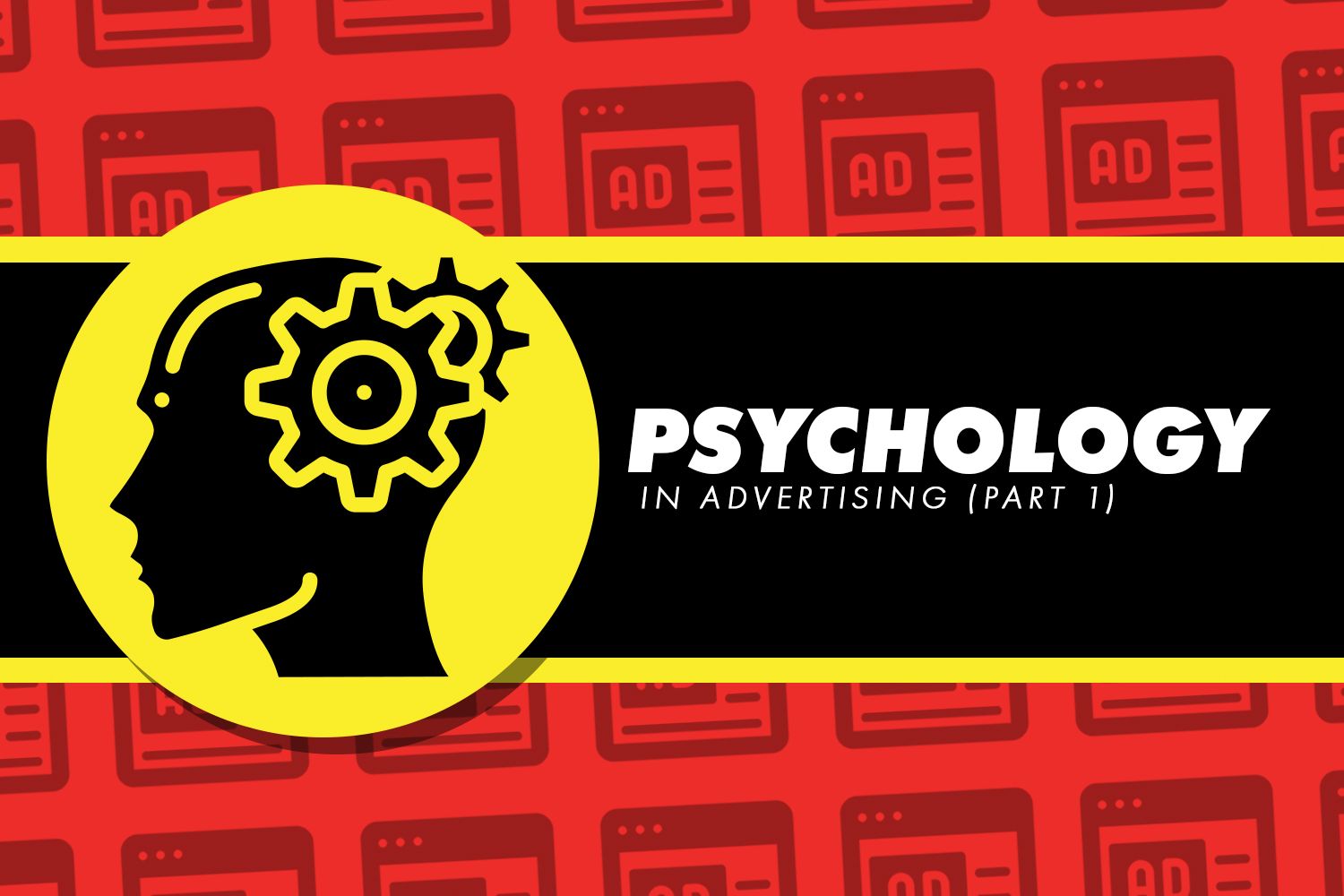
How Mental Illness Affects Romantic Relationships
When you're living with a mental health condition, you may wonder whether or not to talk about it with your significant other. And if you’re single, you may wonder if having a mental health condition rules out romance for you. It’s important to know that many people with serious mental illnesses have strong, supportive, long-term relationships. A good relationship provides valuable social support during difficult times, whereas a bad relationship can worsen your symptoms, particularly in cases of depression. Here we discuss a few of the questions people with mental health conditions ask about romantic relationships. Romantic relationships are inherently complicated, especially during the early days. Even in healthy relationships, both partners must learn effective communication skills, compromise and conflict resolution. Daily routines, which can be a lifeline to those with mental illnesses, are inevitably disrupted with a new relationship and can slow the recovery process. While they can be a great source of comfort and support, particularly during difficult times, relationships can also introduce additional stress. For that reason, many people with mental illnesses wonder if a romantic relationship is off the table for them, at least until they feel like they’re effectively managing their condition. Having
read more →
Thinking vs Feeling: The Psychology of Advertising
Ads are geared towards both thinking and feeling. However, feeling seems to rank higher. Based on advertising campaign performance, 31% of ads with emotional pull succeeded versus the 16% success of ads that focused on rational content. Ads that trigger sentiments do so using different themes. However, pride, love, achievement, man’s empathy, friendships, loneliness or memories perform best. Emotional response to an advertisement, rather than the ad’s actual content, produces great influence on the intent of a consumer to buy a product. Likeability is the most predictive measure that can help ascertain if an advertisement will increase the sales of a brand. Whether it’s judging a company by its ceo or judging a brand by its choice of an advertising model, the psychology of attraction influences our consumer behavior more than we think. In titanic, their hearts went on, but jack (leonardo dicaprio) was left behind. Perhaps there was enough space on rose’s life-saving raft, but that would’ve surely made for a completely different movie. By matt johnson, phd. , and prince ghuman we enjoy thinking of romantic feelings as spontaneous, shakespearian, and straight from our hearts. But in reality, things are not nearly so poetic—our brain runs a complex
read more →
Physical Activity and Sleep
How much sleep you need depends on your age, physical activity levels, and general health. Children and teenagers need 9–10 hours of sleep a night. Younger children tend to go to sleep earlier and wake earlier. As children grow into teenagers, they seem to get tired later and sleep in later. Adults need around 8 hours sleep each night. We tend to need less sleep, as we get older. These are some general guidelines. If you (or your children) are tired during the day, you may need more sleep. Develop healthy physical habits. Healthy eating, physical activity, and regular sleep can improve your physical and mental health. Take time for yourself each day. Notice the good moments. Do something you enjoy. Look at problems from different angles. Think of challenging situations as growth opportunities. Learn from your mistakes. Try to see the positive side of things. Practice gratitude. Take time to note things to be thankful for each day. Explore your beliefs about the meaning and purpose of life. Think about how to guide your life by the principles important to you. Tap into social connections and community. Surround yourself with positive, healthy people. Regular physical activity can
read more →NIMH Information Resource Center
African american behavioral health center of excellence asian american, native hawaiian, and pacific islander behavioral health center of excellence (aanhpi-coe) center of excellence for building capacity in nursing facilities to care for residents with behavioral health conditions center of excellence for protected health information (coe-phi) center of excellence on social media and mental wellbeing (smmw-coe) rural opioid technical assistance regional centers (rota-r) brss tacs engage, educate, empower for equity: e4 center of excellence for behavioral health disparities in aging gains center homeless and housing resource center lgbtq+ behavioral health equity center of excellence national center of excellence for eating disorders (nceed) national center of excellence for tobacco-free recovery national center on substance abuse and child welfare (ncsacw). The suicide prevention resource center (sprc) is a premiere source of information on the topic of suicide prevention. The following resources and tools can be helpful to rural communities working on suicide prevention efforts: you can also contact the suicide prevention resource center for assistance. Sprc can connect you with people, organizations, and resources in your rural community, state and nationally and provide technical assistance and training on suicide prevention. For more information on how to develop a suicide prevention program, see the rural suicide prevention toolkit. Risk factors for mental health conditions The diagnostic and statistical manual
read more →Major schools of thought
Early psychology evolved out of both philosophy and biology. Discussions of these two subjects date as far back as the early greek thinkers, including aristotle and socrates. The emergence of psychology as a separate and independent field of study truly came about when wilhelm wundt established the first experimental psychology lab in leipzig, germany in 1879. Throughout psychology's history, various schools of thought have formed to explain the human mind and behavior. In some cases, certain schools of thought rose to dominate the field of psychology for a period of time. The following are some of the major schools of thought in psychology. Main article: personality psychology personality psychology is concerned with enduring patterns of behavior, thought, and emotion. Theories of personality vary across different psychological schools of thought. Each theory carries different assumptions about such features as the role of the unconscious and the importance of childhood experience. According to freud, personality is based on the dynamic interactions of the id, ego, and super-ego. By contrast, trait theorists have developed taxonomies of personality constructs in describing personality in terms of key traits. Trait theorists have often employed statistical data-reduction methods, such as factor analysis. Although the number of proposed
read more →